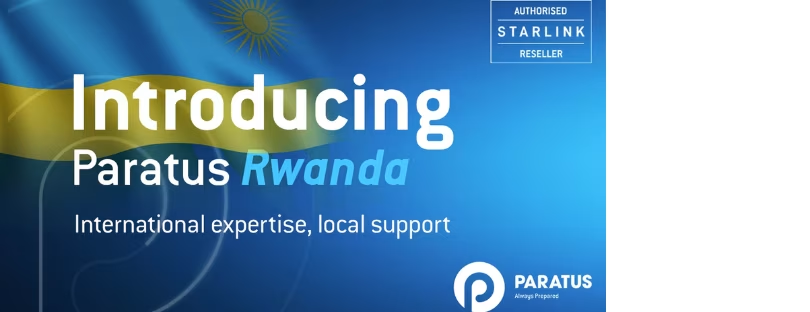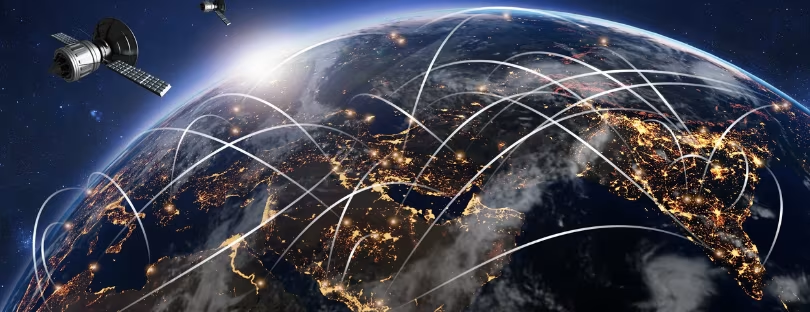
Cuba introduces new telecoms law
Cuba’s Ministry of Communications (Mincom) has announced that a number of new pieces of legislation governing the country’s telecoms sector have officially come into force. cuba telecoms law
These include: Decree-Law No. 35 on Telecommunications, Information and Communication Technologies and the Use of the Radioelectric Spectrum of 13 April 2021; Decree No. 42 General Regulation of Telecommunications and Information and Communication Technologies of 24 May 2021; Decree No. 43 Regulation on the Use of the Radioelectric Spectrum of 24 May 2021; Resolution No. 108 Regulation of Interconnection, Access and Essential Installations of Telecommunications Networks of 9 August 2021; Resolution No. 107 Regulations for the Use of Satellite Radiocommunications Services of 9 August 2021; and Resolution No. 105 National Action Model for responding to Cybersecurity Incidents of 9 August 2021.
Decree-Law No. 35 is the country’s first overarching telecoms law and is designed to create greater coherence in the sector and improve the existing regulatory framework. It is aimed at developing technological convergence and prioritising the implementation of broadband networks, as well as protecting the interests, rights and privacy of citizens.
According to the Mincom, it will ‘contribute to the political, economic and social development of the country, through the development and modernisation of telecoms infrastructures and, furthermore, promote the harmonious and orderly progress of telecoms/ICT networks and services’.
It also defines and outlines the services that are considered as Universal Telecommunications Services, which operators must guarantee to provide to all citizens, regardless of their location, and sets out the regulations on the use of spectrum on the island. cuba telecoms law
All districts of Havana province to have internet access by end-2021 cuba telecoms law
Cuba’s telecom sector remains a peculiarity, with state control having stymied rather than promoted the development of all sectors. The country has the lowest mobile phone and internet penetration rates in the region, while fixed-line teledensity is also very low, Budde.com reports. Fixed-line and mobile services remain a monopoly of the government-controlled Empresa de Telecomunicaciones de Cuba (ETESCA Cubacel).
Although there are still state restrictions over the right to own and use certain communications services, a thawing of relations between the US and Cuba has encouraged the government to improve access to services. Since 2015 Wi-Fi hotspots have been put in a number of places and since 2019, Cuba’s Ministry of Communications (Mincom) has allowed individuals to create small private not-for-profit Wi-Fi networks and to import cokecommunications equipment.
Access to sites is also tightly controlled and censored. A DSL service was launched in March 2017 in areas of Havana and has since been expanded though costs have been set too high for most Cubans able to access the service. However, in 2019 Google and ETECSA signed an agreement to improve access for Cuba’s internet users by setting up a cost-free and direct connection between their respective networks.
Similarly, LTE services have been launched, with over 473 LTE base stations having been built across the island by the end of 2019. The mobile user base has grown to over six million, 70% of which are smartphone users.










